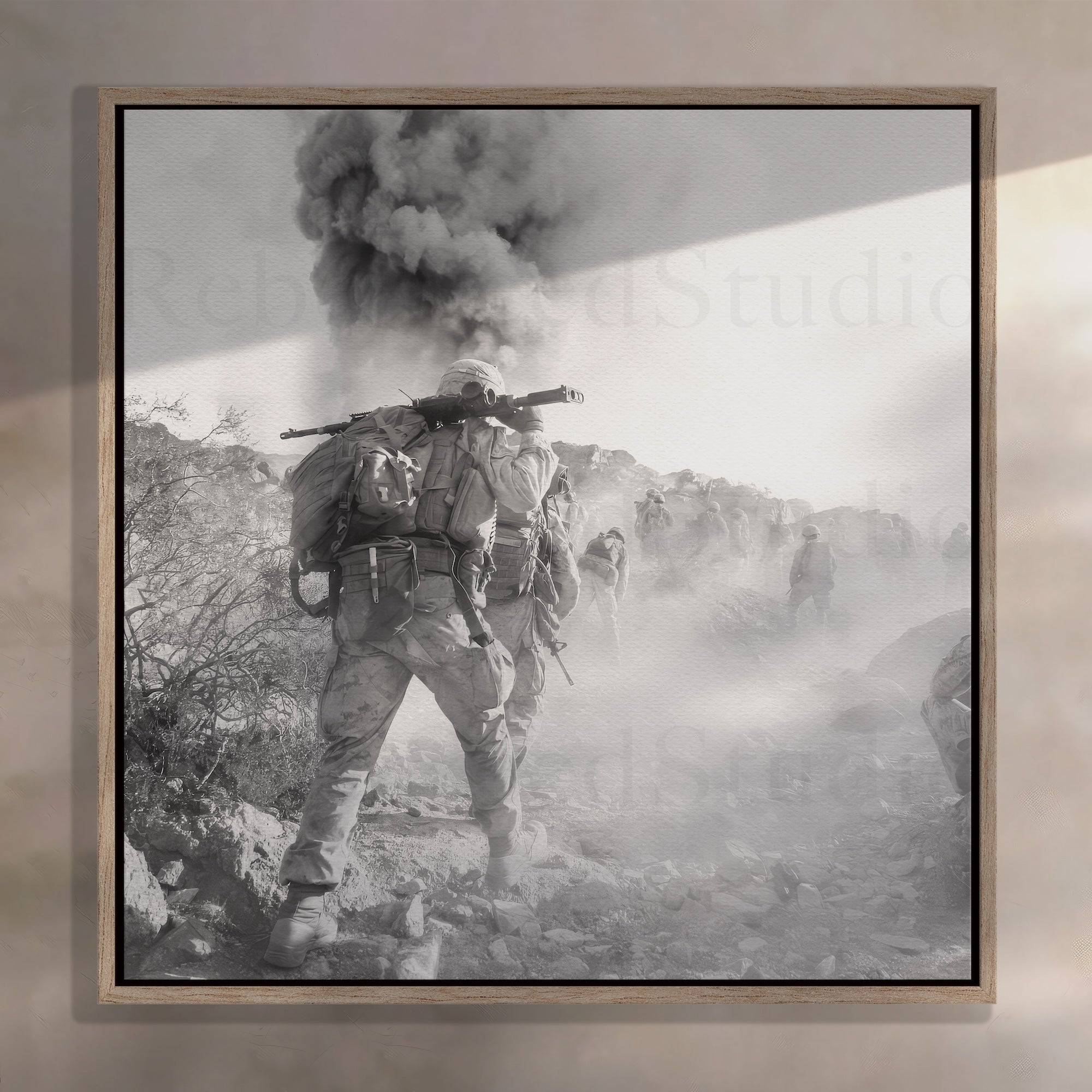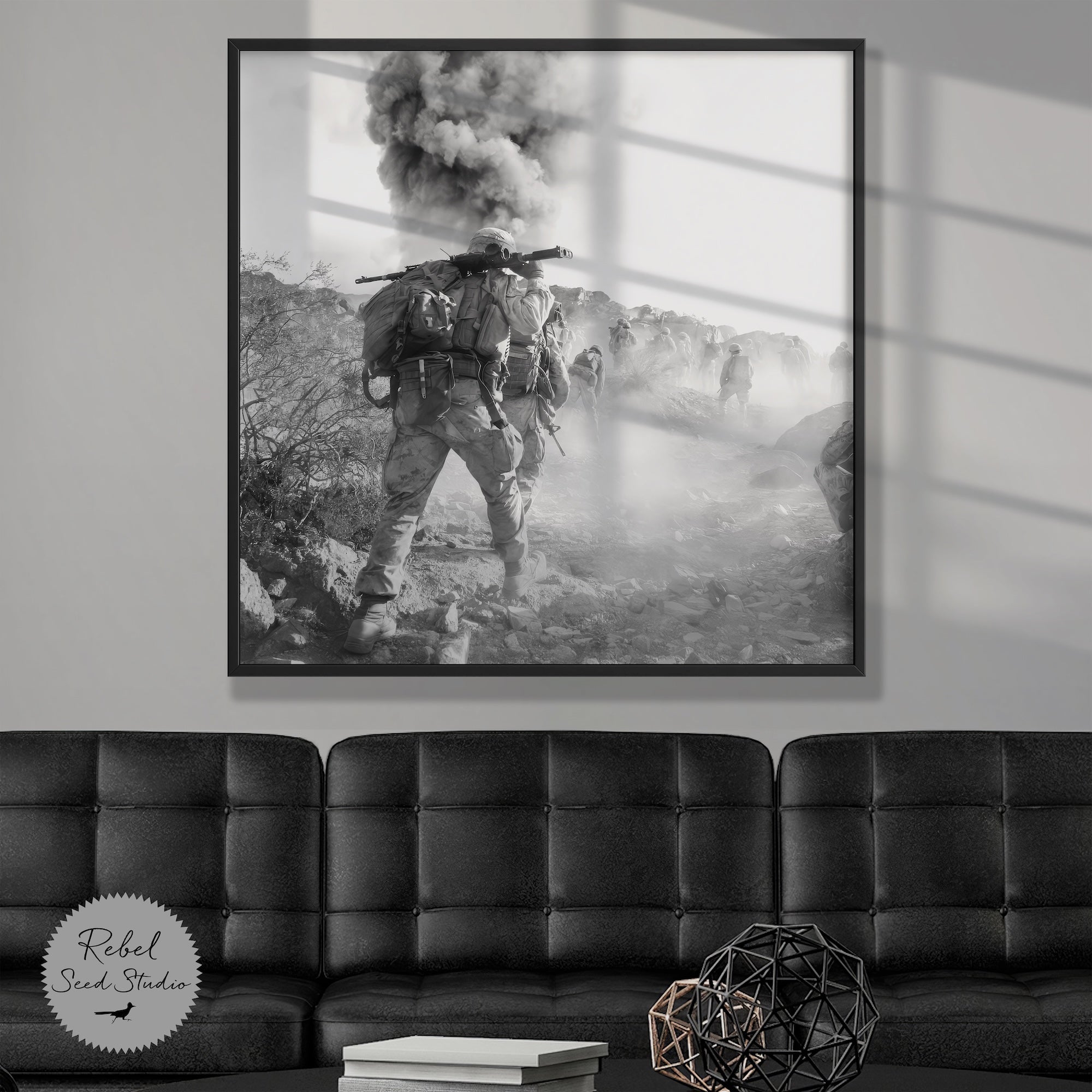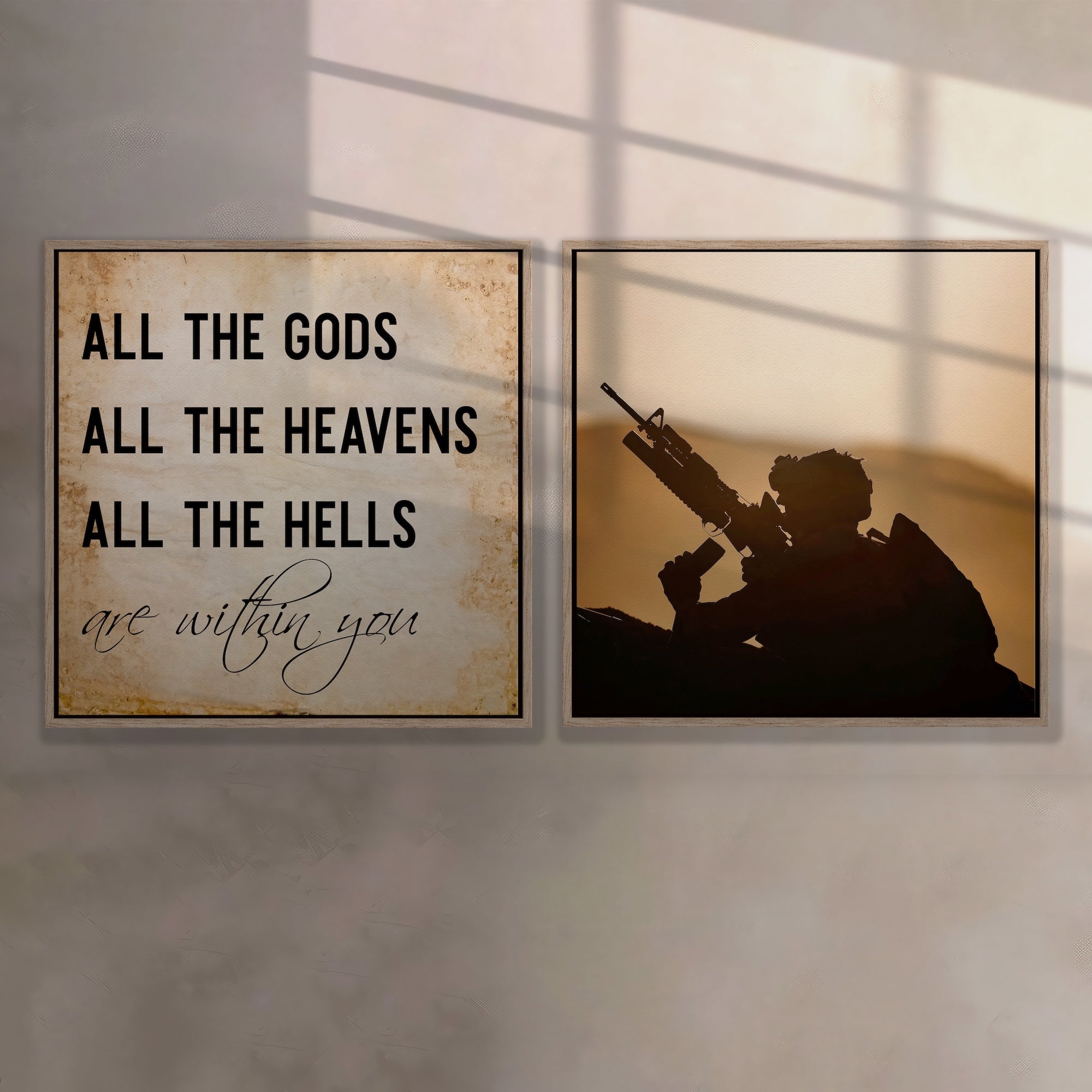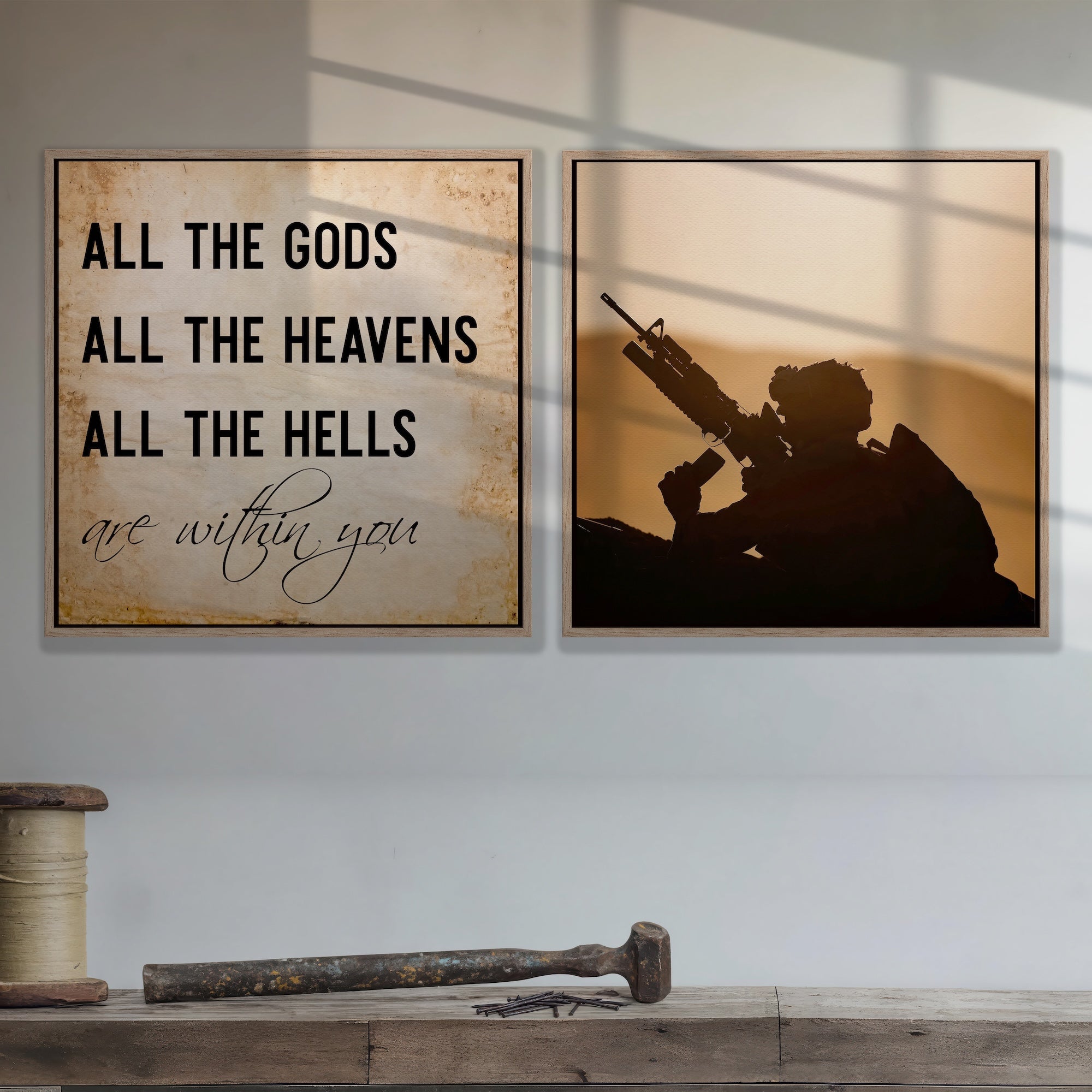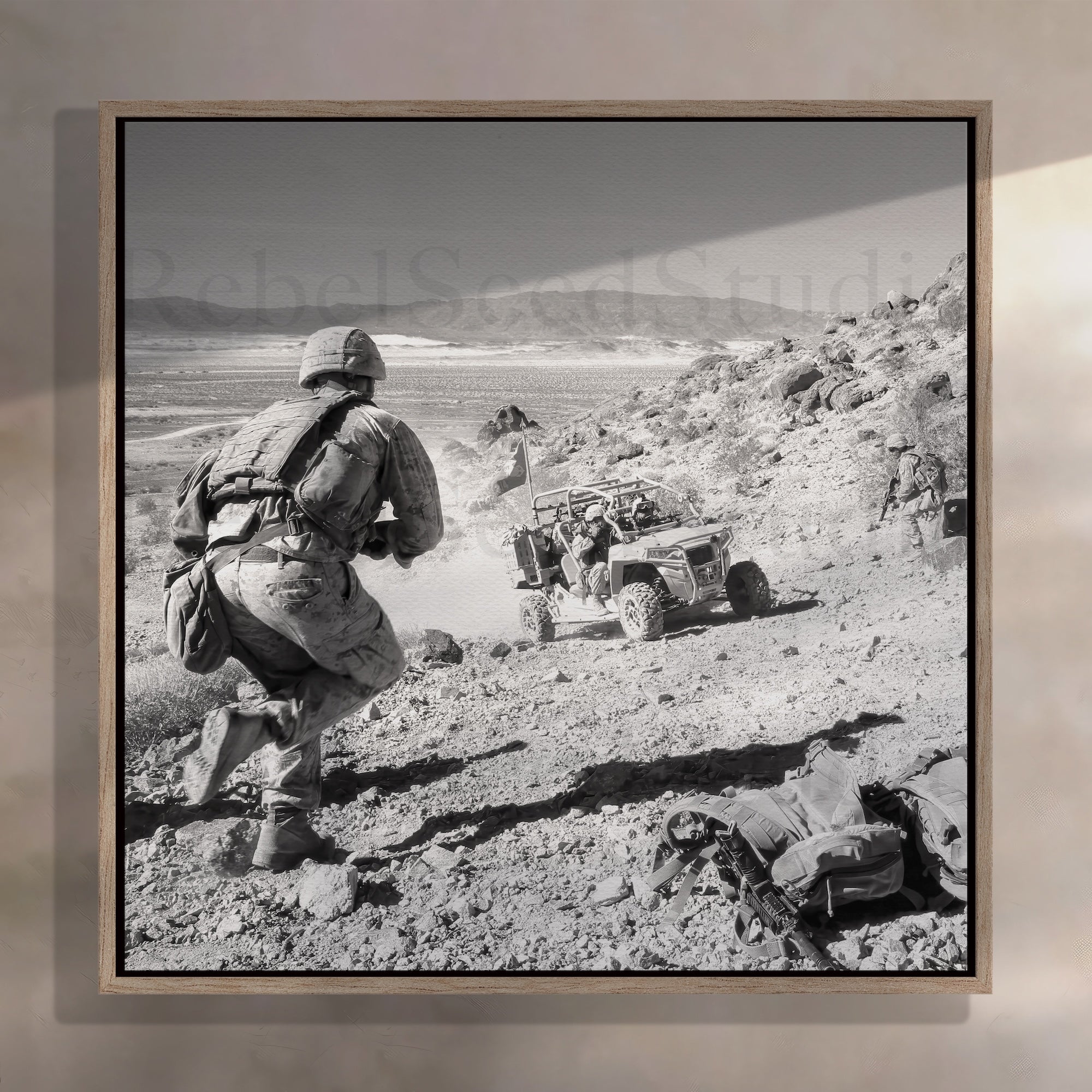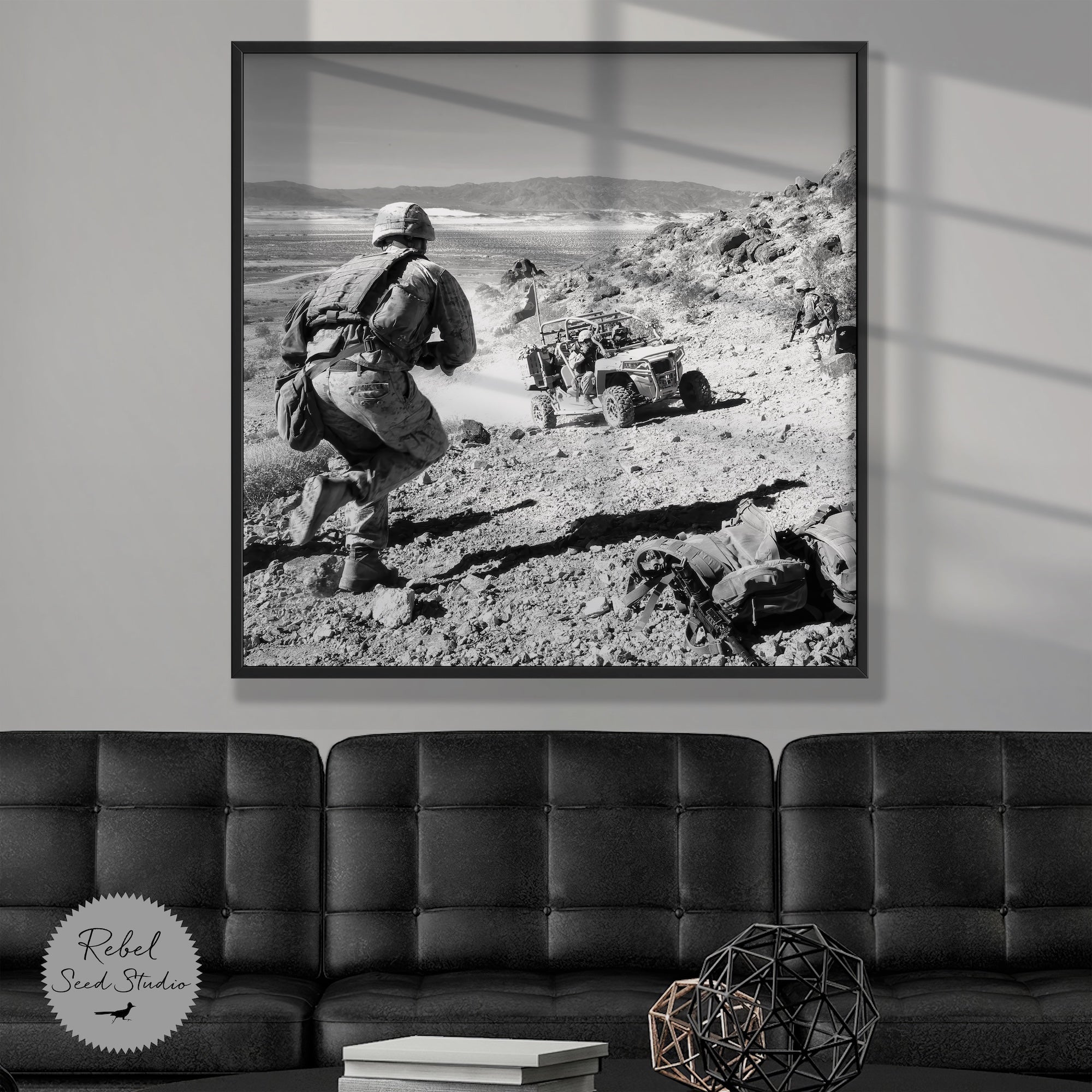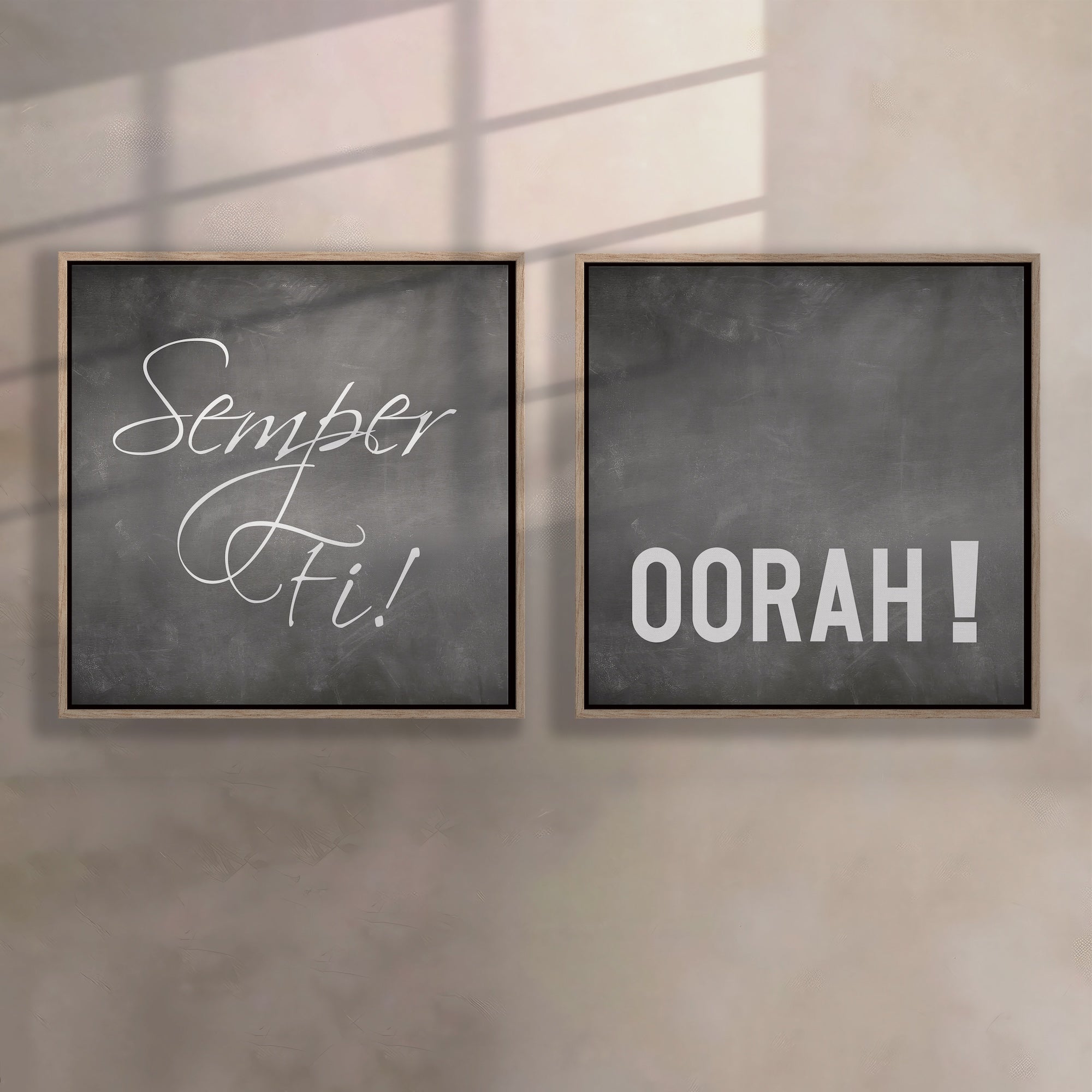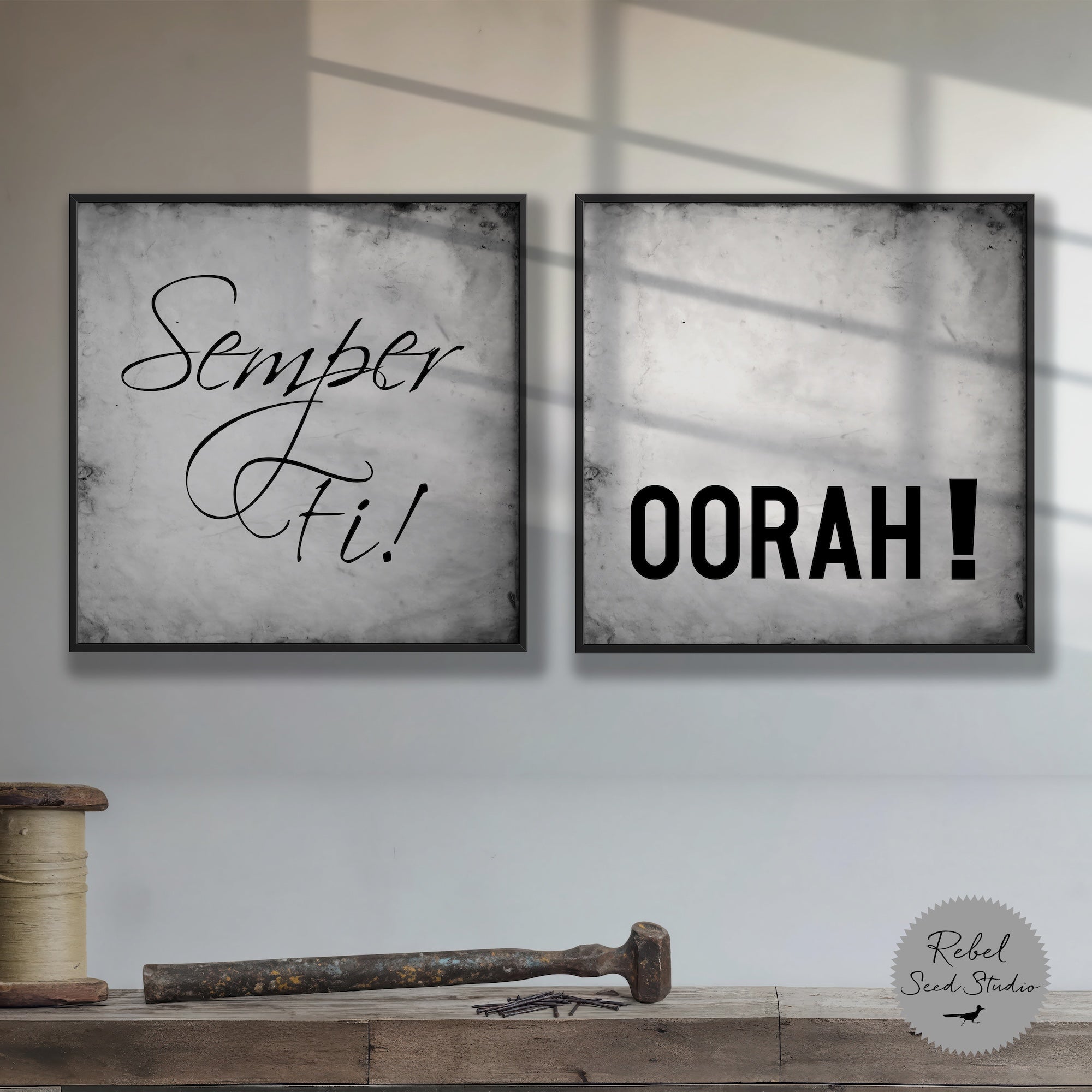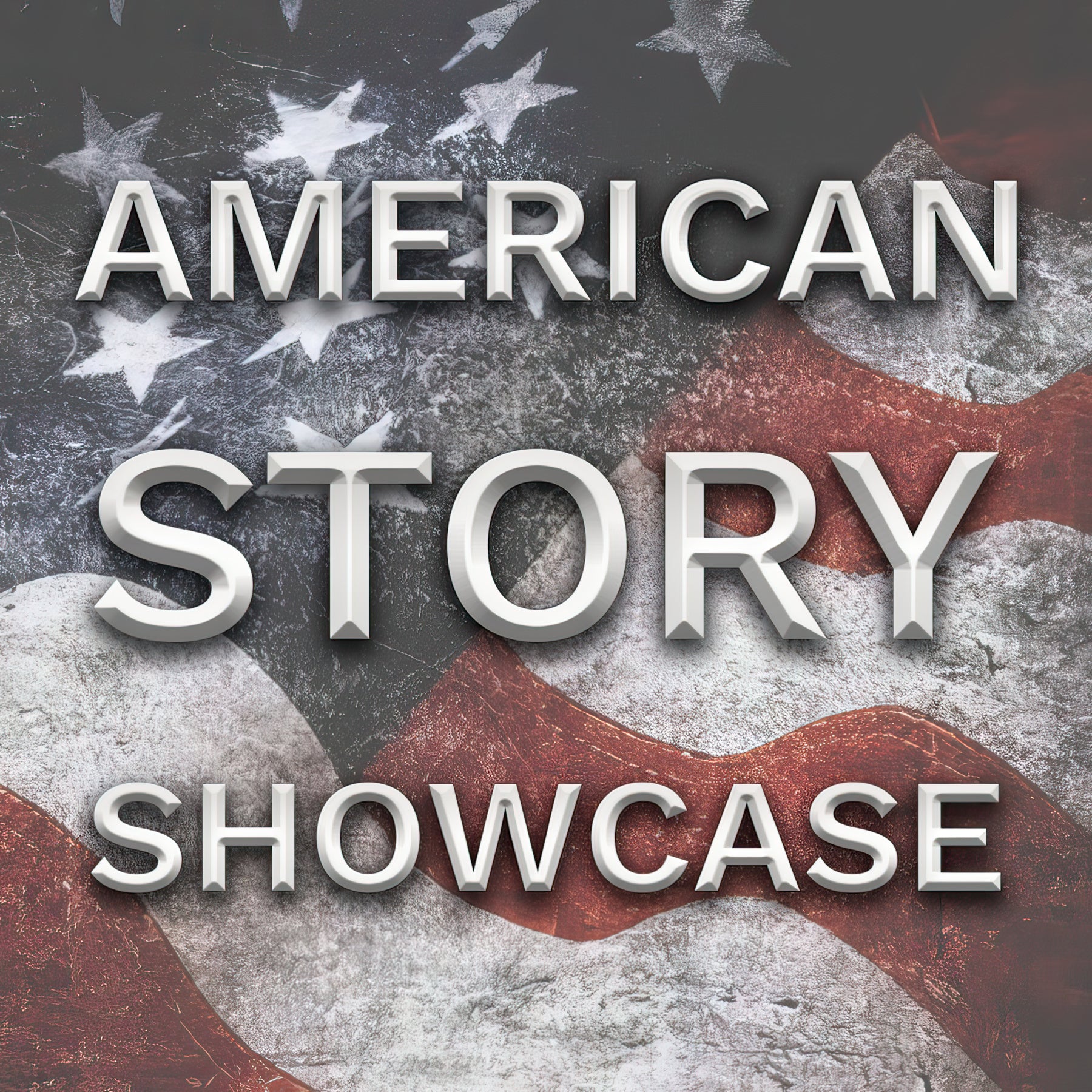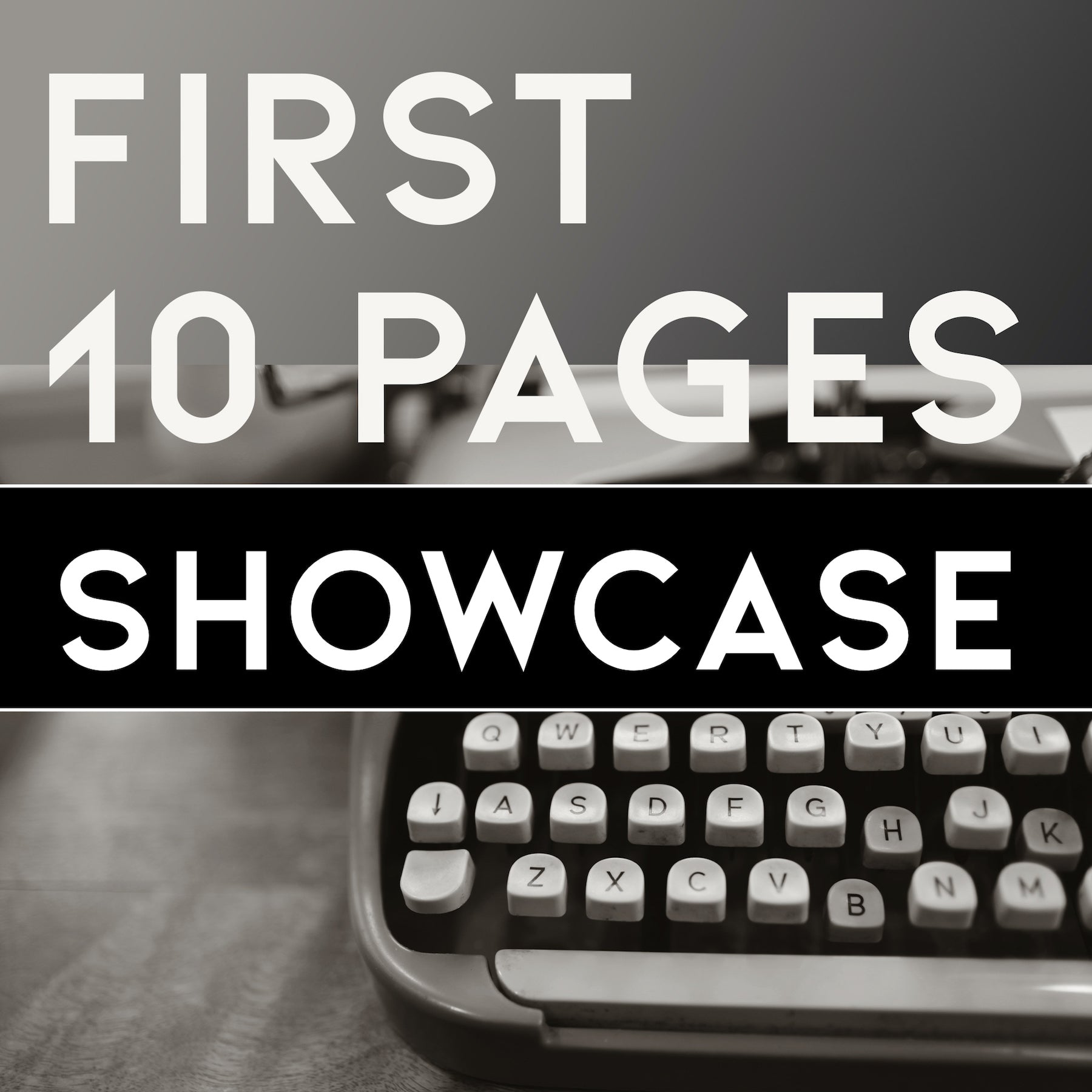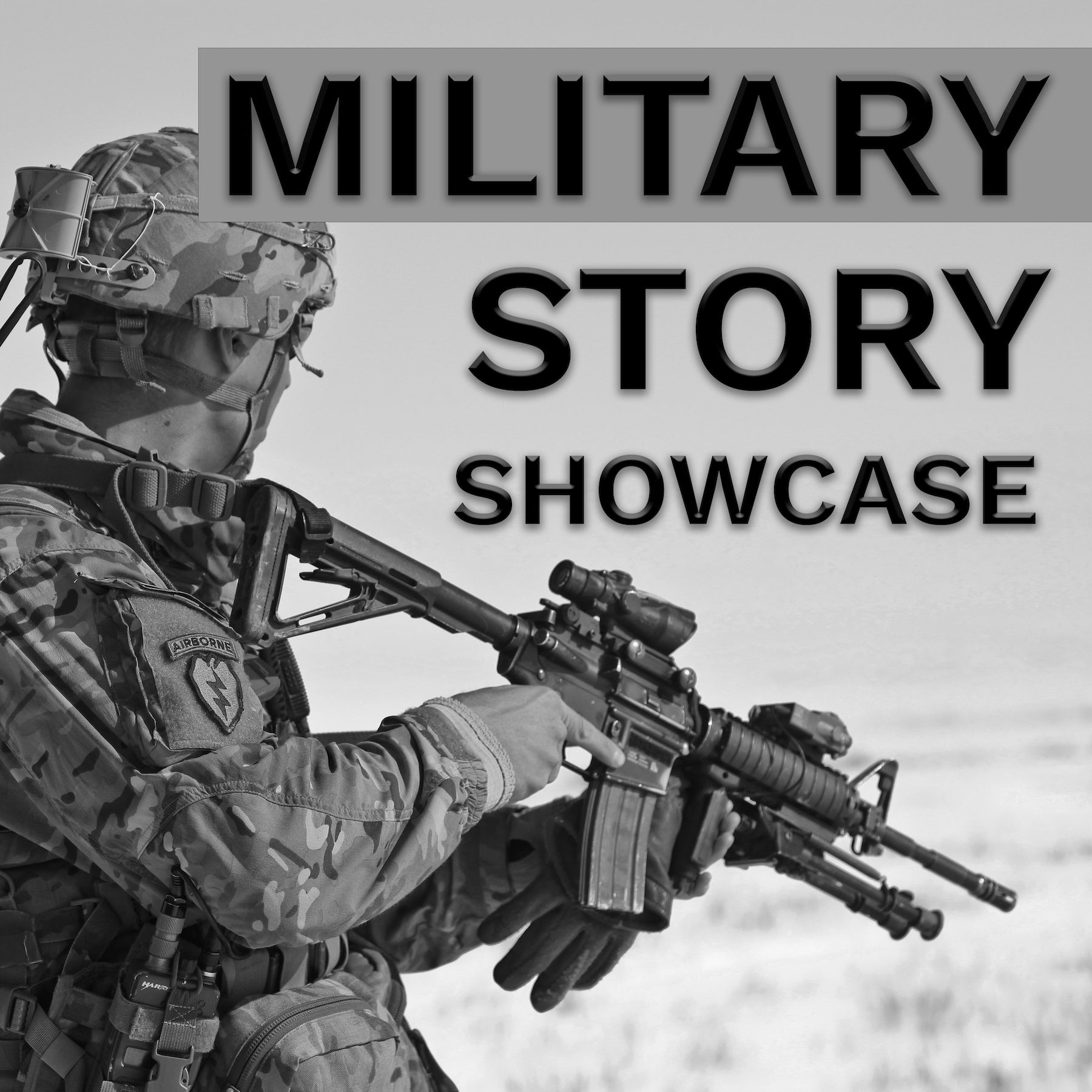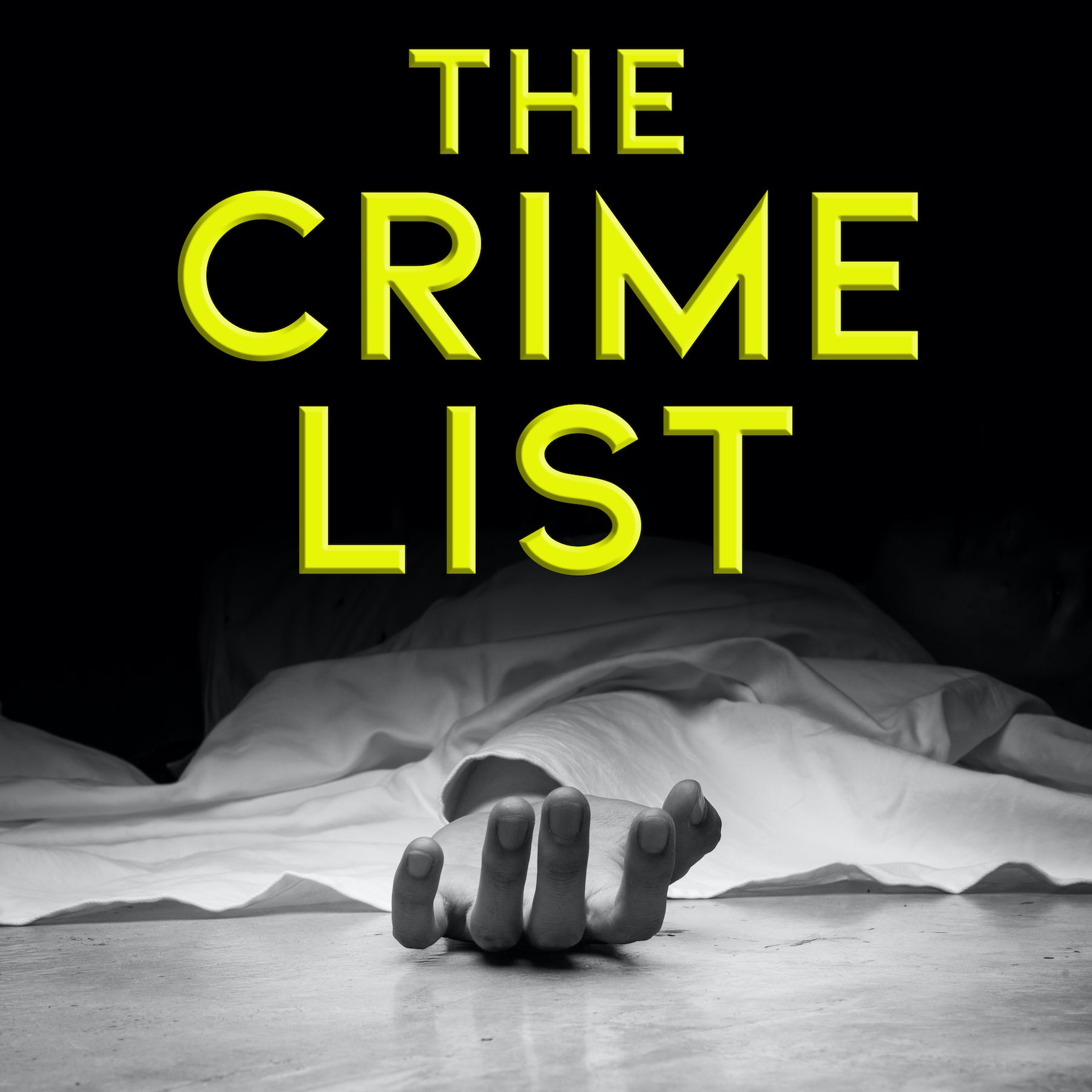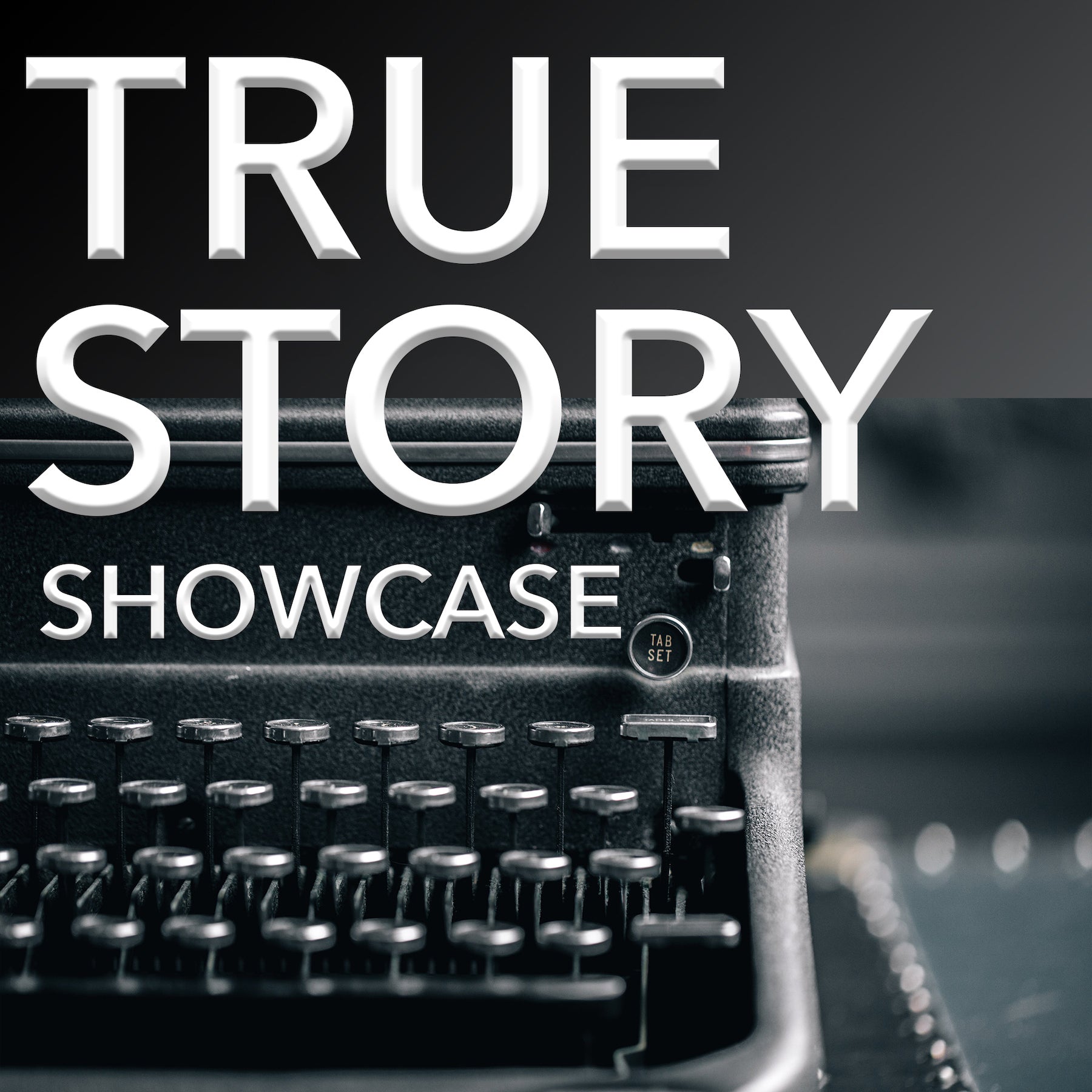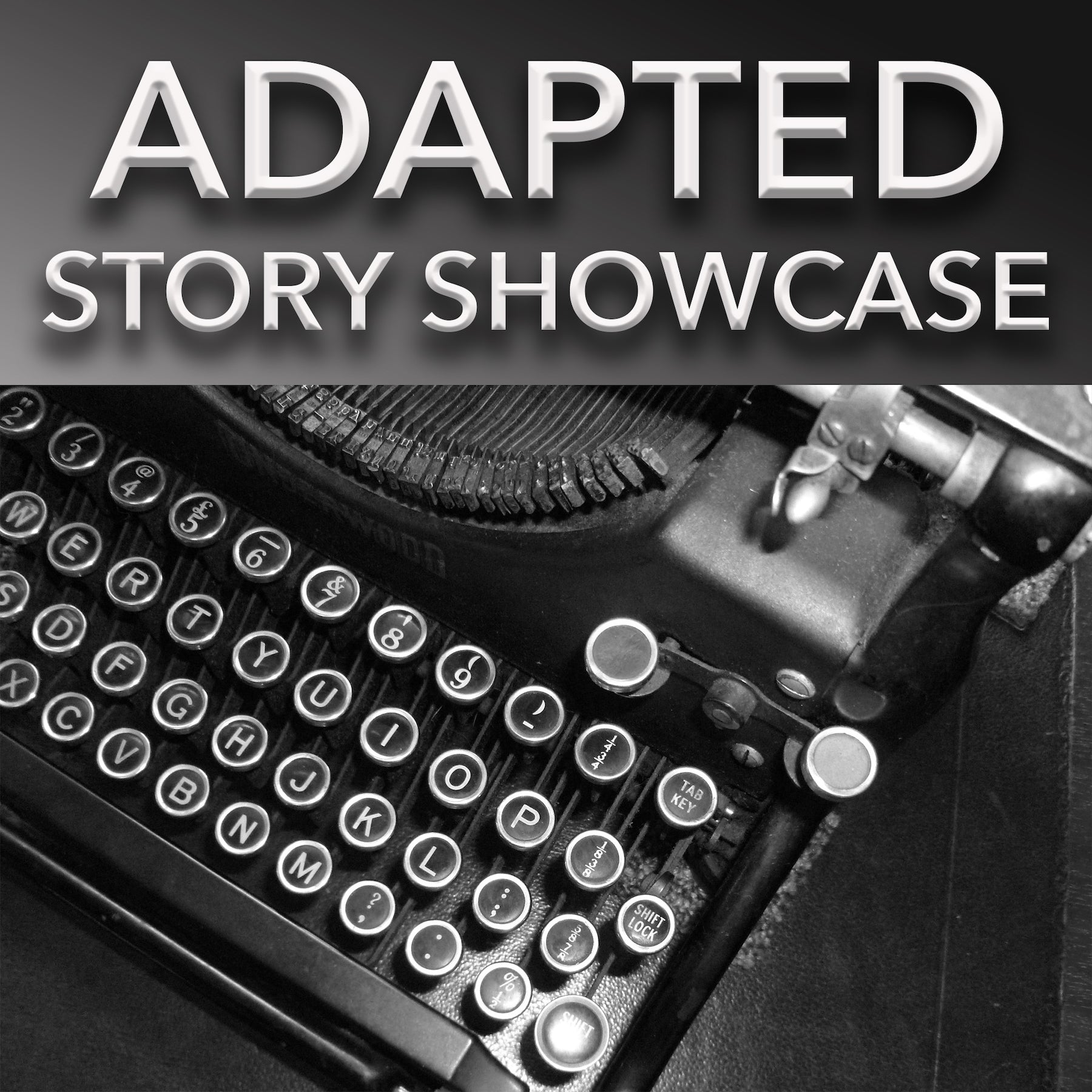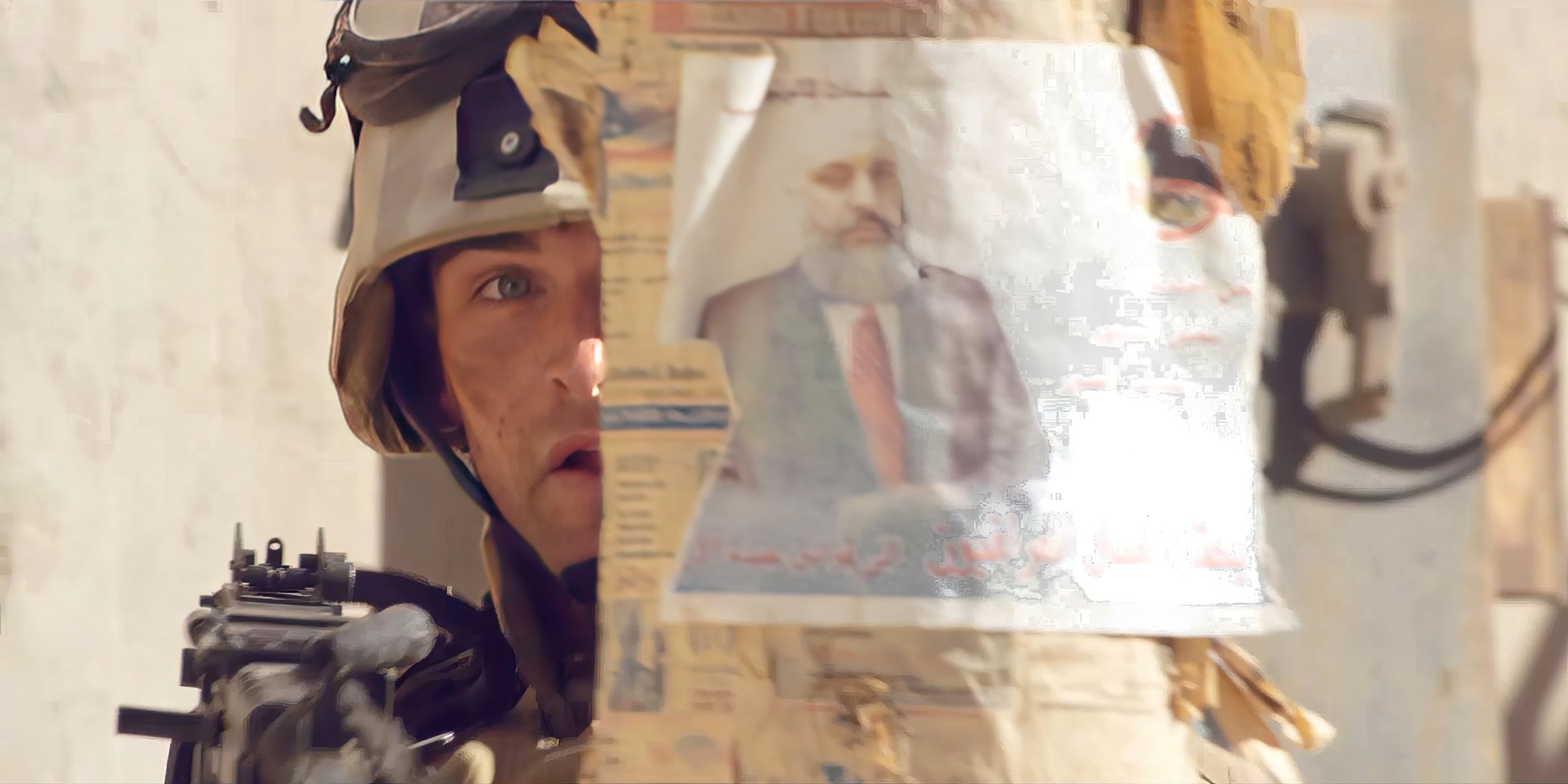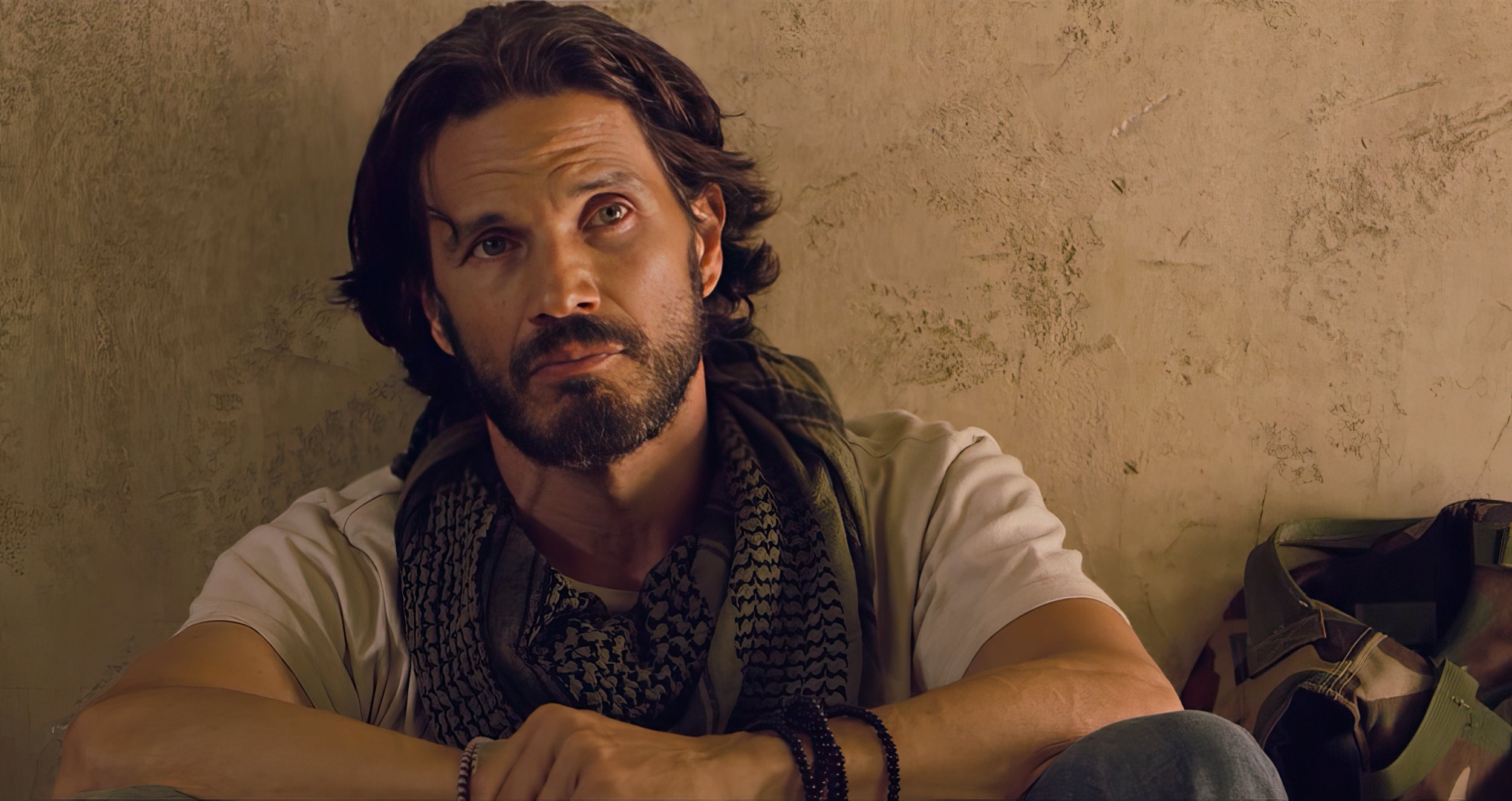
Q&A with Devil Dogs Actor Michael Worth
In this Q&A we talk with actor Michael Worth who portrays photojournalist Riley in the short action/war film Devil Dogs.

Q: What attracted you to the project?
This medium can sometimes be such a powerful thing that people walk away from the experience having been changed or emotionally touched. We have a finite amount of time on this earth and I am very aware of investing my time in films that mean something and have an impact.
War is such a potent topic. Most war films coming out of Hollywood are so agenda-driven it becomes all about “we’re going to make an issue about this”. Everybody knows that war is terrible – it’s an awful experience but sometimes it’s a necessary one. I felt DEVIL DOGS wasn’t trying to be pretentious one way or another. The script doesn’t go “war rah-rah-rah” and it doesn’t go “war bad, bad, bad”. The story says “Here’s an experience, and look what it does to people having this experience” and it presents characters who each experience war slightly differently. I liked that. The story allows the audience to just embrace what it is and take away what they get out of it.
My role of the photojournalist Riley is in a sense the eyes of the audience or the people “back home”. He’s thrown in with a group of Marines who each have their different perspective. Even though the story is such a short format, there was so much being told in that space of time without it being “let me jab you in the eye with my ideal of what I feel about war.” Reading that script was an emotional experience. It felt real to me and that was very attractive to me about the project. It felt like something from the heart as compared to a propaganda piece, and it ties into the type of projects I want to spend my time making so I felt connected to it.
Q: Are there any similarities between you and the character you played?
It’s always nice when there is a role that is offered to you and it has some kind of direct tie to your life. Being a photographer, as the role of the photojournalist, I didn’t have to substitute a love for doing something else because I love looking through my lens. I could completely relate to that idea of trying to capture something with the lens and translate it back to whoever the audience is, in the case of Riley it would be his newspaper readers or his magazine readers.
Q: What do you think you brought to your character?
I think I brought an insight into the connection between the Marine and the civilian. What I found very interesting is, these two characters – the Hicks character and the Riley character - come from opposite sides of the street. One guy is in the military, he’s gung-ho, he’s experienced, he’s on his second tour and ready to go. Then you have the other guy who’s been bopping around to different units, he’s seen some terrible stuff but he’s still behind the camera the whole time, he’s not behind a gun.
They actually have a connection to one another – Hicks is losing his “brothers” in war, and what I discovered in the character’s backstory is Riley actually has a brother he lost in Vietnam. It’s only through battle that these two men discover their connection to one another. At the core they’re the same. The storyline that they both have brothers may just be a metaphor for saying they both have hearts.
Q: How did you prepare for your role?
After reading the script the first time, I chose not to read any of the material that happens prior to my character entering the story. I felt that my character should not come in really knowing what the Marines are going through. That would be true of Riley, he wouldn’t know what those guys had just experienced or what their feelings are. I wanted to come in with a slightly more objective, almost innocent, idea of what is going on in the situation so that by the end of story I could allow myself to feel perhaps what I wasn’t anticipating or expecting.
I did go online and look at images of news correspondents to ensure I was approaching my “look” correctly. I didn’t want to just deck out in military gear with a camera because I thought the idea of this was the filmmakers wanted to capture these two different perspectives [photographer and Marines]. I thought there should be a visual differential between Riley and the Marines. When I researched it I was surprised. Some of these camera guys are just walking around in their shirts and slacks or jeans and their T-shirts. Sometimes they had maybe a vest on or a helmet. I thought that was great because not only does it separate the character from the rest of the guys but it also makes him look more like he’s back home. It keeps him a civilian. I used my own clothes. I knew I would feel comfortable like that.
I would feel like it was me. And the morning the production started, I found a shirt I had with an image on it of a guy with a camera that reads “Shoot To Kill”. I also found an old Army wristband I wore, which is the character’s military connection, and some Buddhist beads, which I thought would represent his more peaceful and spiritual side.
Q: What was the experience on set and working with the other actors?
We shot on an incredible set so it wasn’t hard to just be there and feel that experience. There were a few times that I definitely tapped into the idea of something being so lively one second and then being completely gone the next. As you get older, there is more awareness of the finiteness of life. There are times you may feel like someone’s life was cut short prematurely and other times you feel a person lived a long, fruitful existence. But either way – you realize it comes and it goes. It puts into perspective the idea of what we choose to do with our time here.
These Marines go into battle and they’re 18 and 19, and sometimes they’re not coming back or if they do come home they’re not the same person they were physically or psychologically. It was a very potent set to be on. It evoked the reality of what happened and what continues to happen. Being on set with the actors, it would be easy to take those actors and envision them as the real Marines. Each of those actors had a clone who served in a war somewhere and who were fighting and losing their lives.

Extended Podcast Interview & Bio
“Some of my greatest strides as a person have come from exploring myself through my writing or purging some demon in my acting. The beauty and power contained in these visions of light and human expression has been a huge source of fascination for me and I have only begun to wrap my head around all of its magic.”
Born in Philadelphia, Michael came from a line of German sailors on one side and American Delaware Indians on the other. As a 10 year-old, Michael directed his first film entitled The Tire. It was shot with a super-8 camera his mother bought him. He continued making short films into his late teens. During his early teens, Michael had a few small parts in film and television.
Living with his dog in a truck for six months in Los Angeles to save money, he worked odd jobs and construction, accepting small roles to gain experience. His first lead came with the film Final Impact (1992) for which Variety deemed him "a promising newcomer." Michael worked in a series of low-budget films before landing a part in the TV series Acapulco H.E.A.T. (1993), and was the second choice for the role of Robin in Batman Forever (1995).
He wrote and directed the independent film Killing Cupid (2005), which gained him a Best Director nomination at the ‘Action On Film’ Film Festival in 2005, as well as winning Best Fiction Film at the Hollywood Fiction Film and Video Festival in 2006.
Michael wrote and appeared in the psychological thriller/western Dual (2008), which won Best Independent Action Film. His second directorial work was the drama God's Ears (2008). He currently stars in Our Father opposite Michael Gross, premiering August 2014, and is in post-production on his third directed film, Bring Me The Head of Lance Henriksen.


